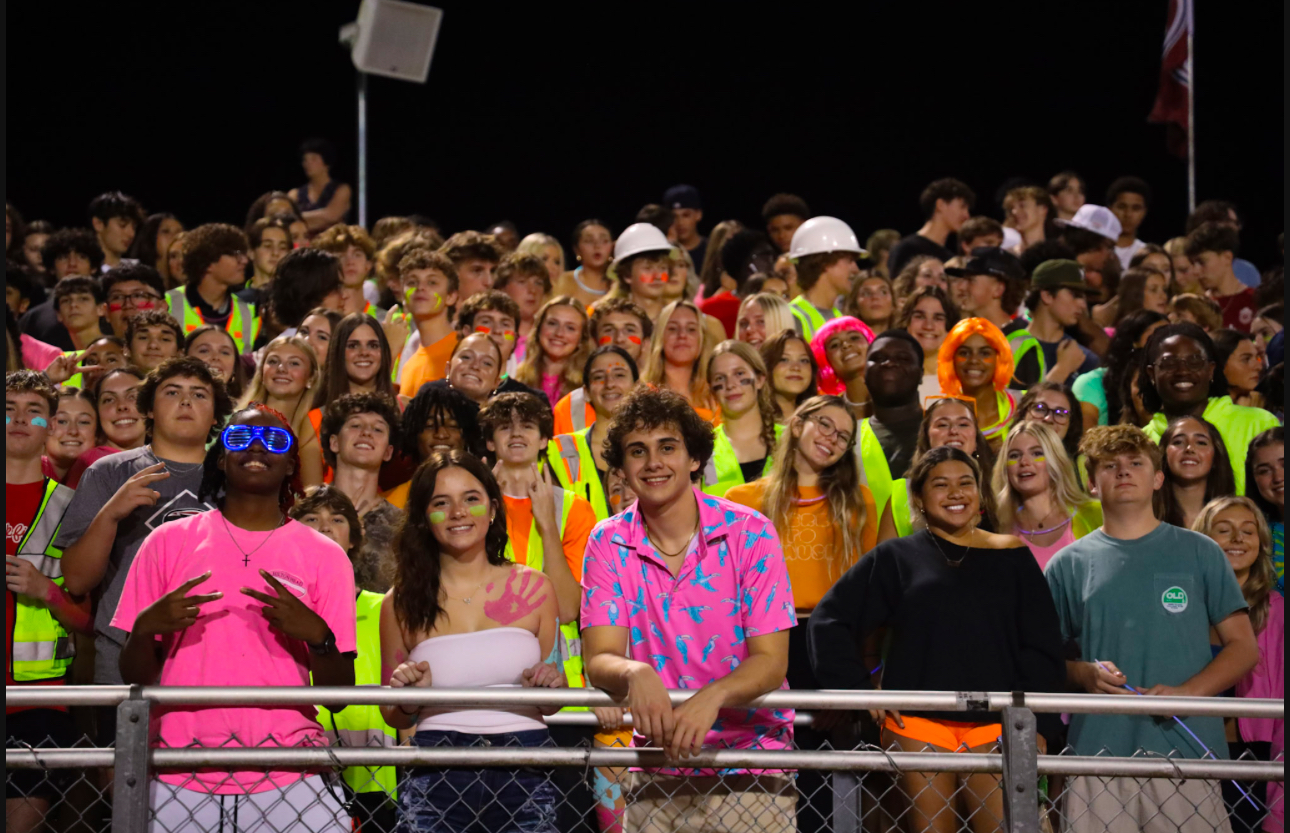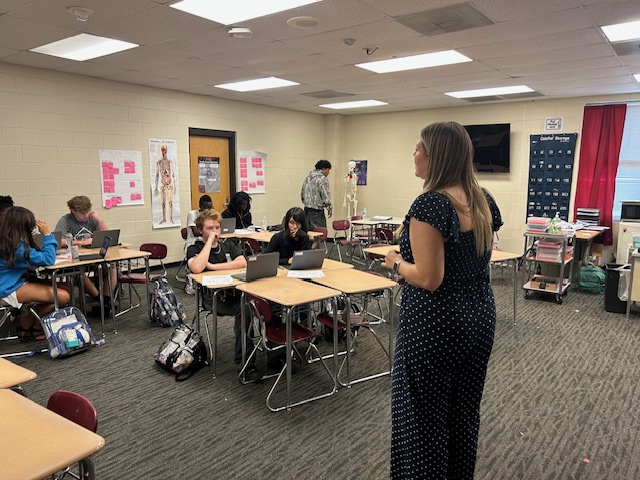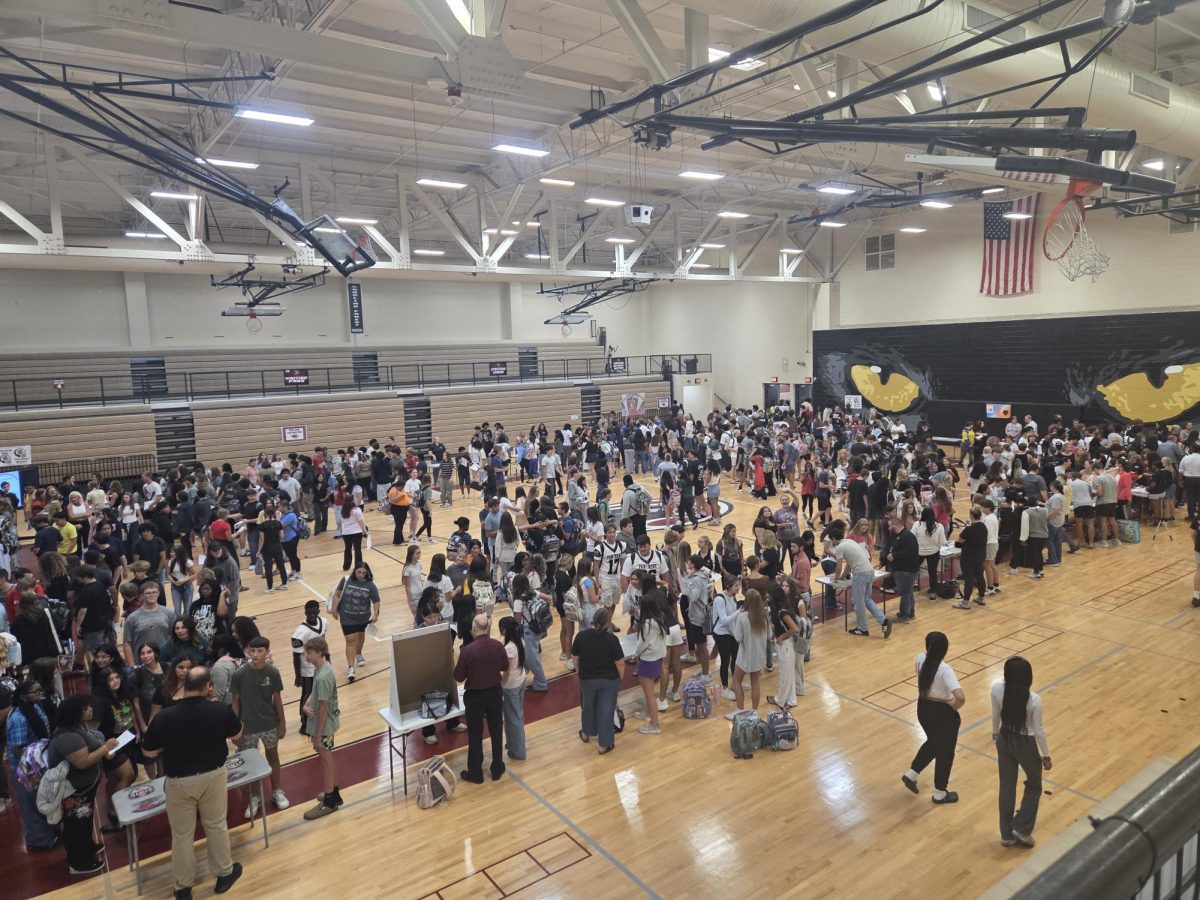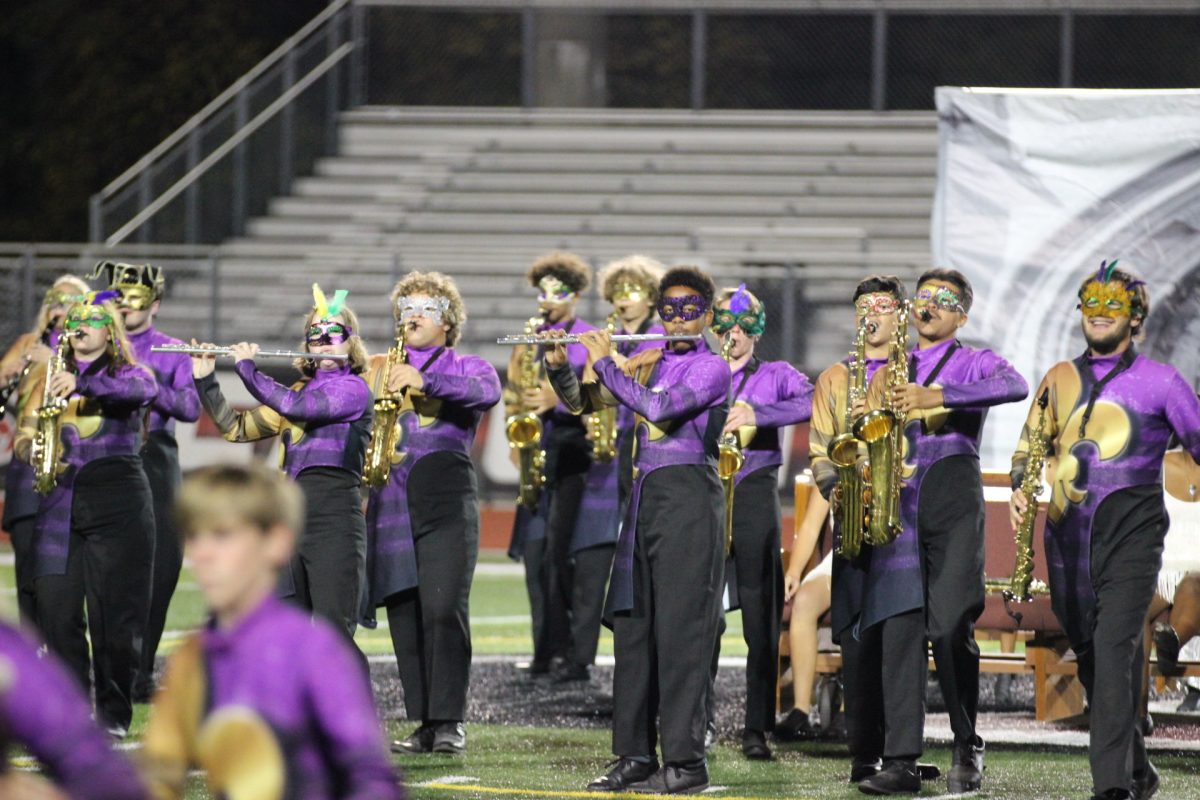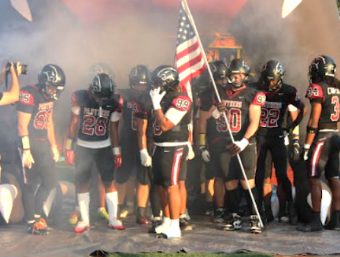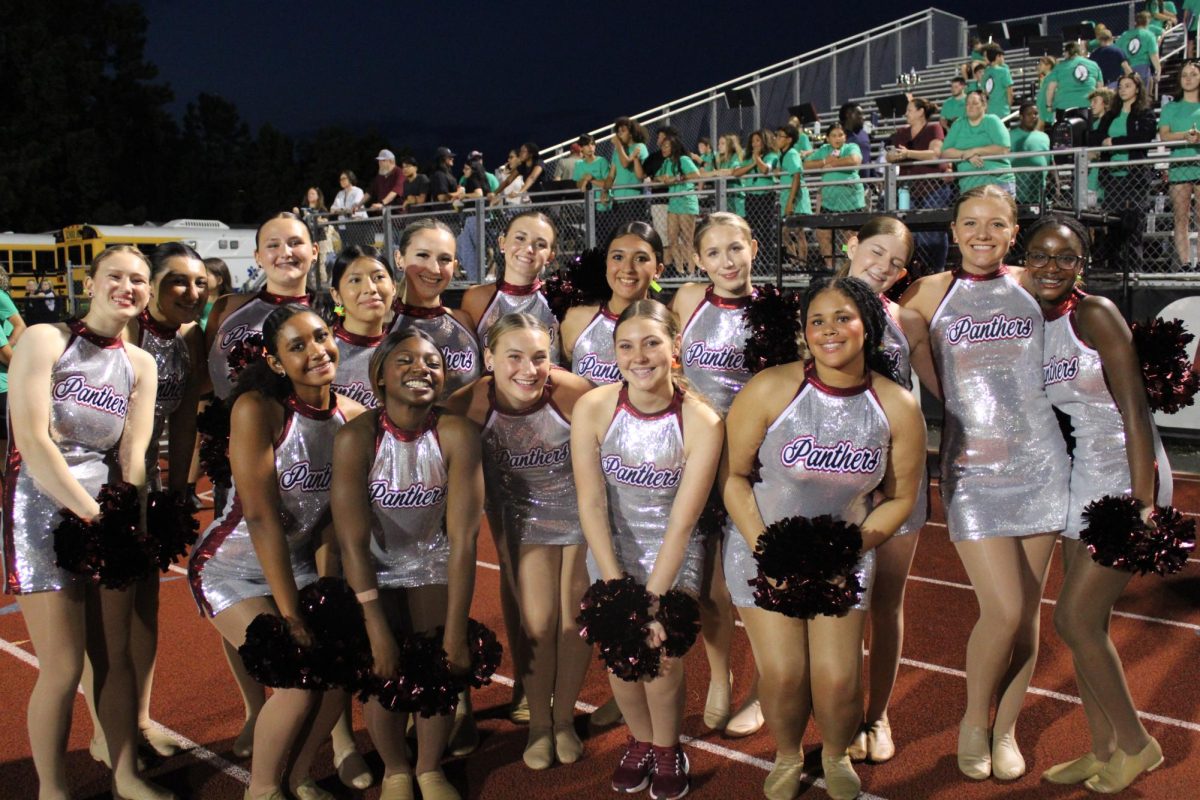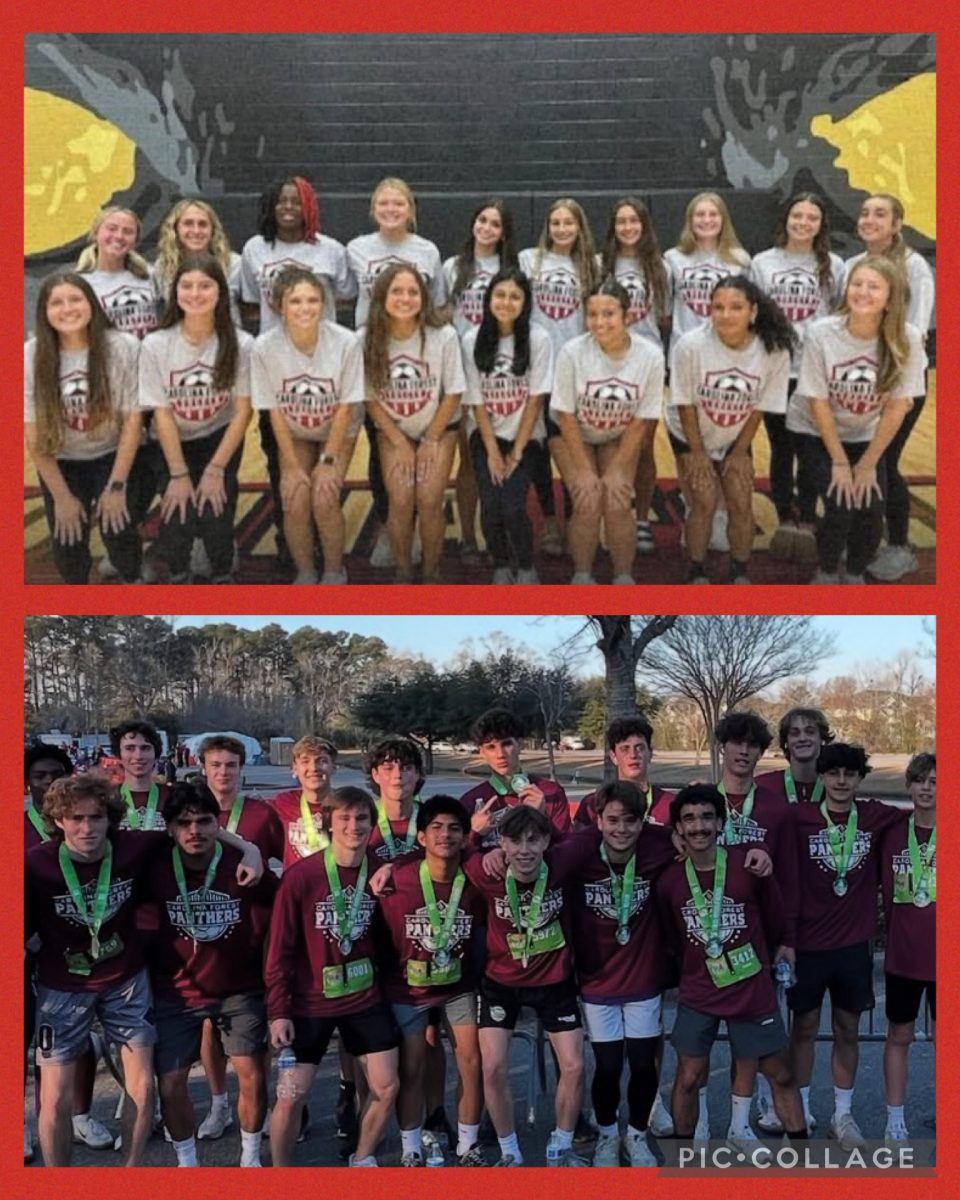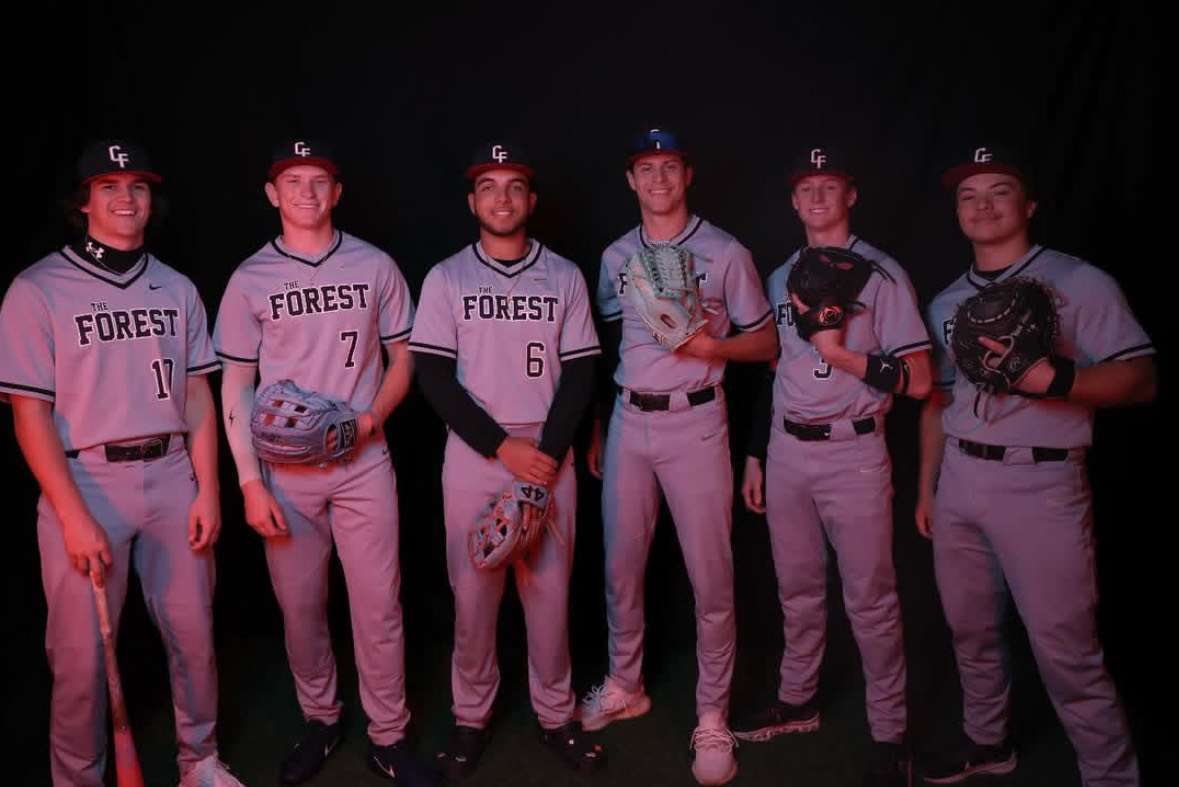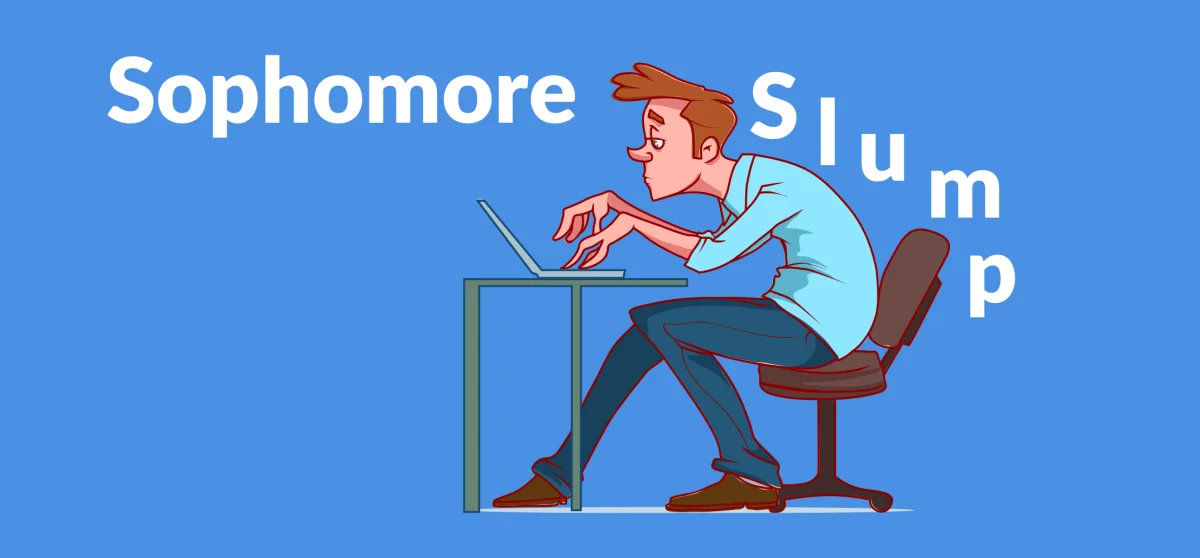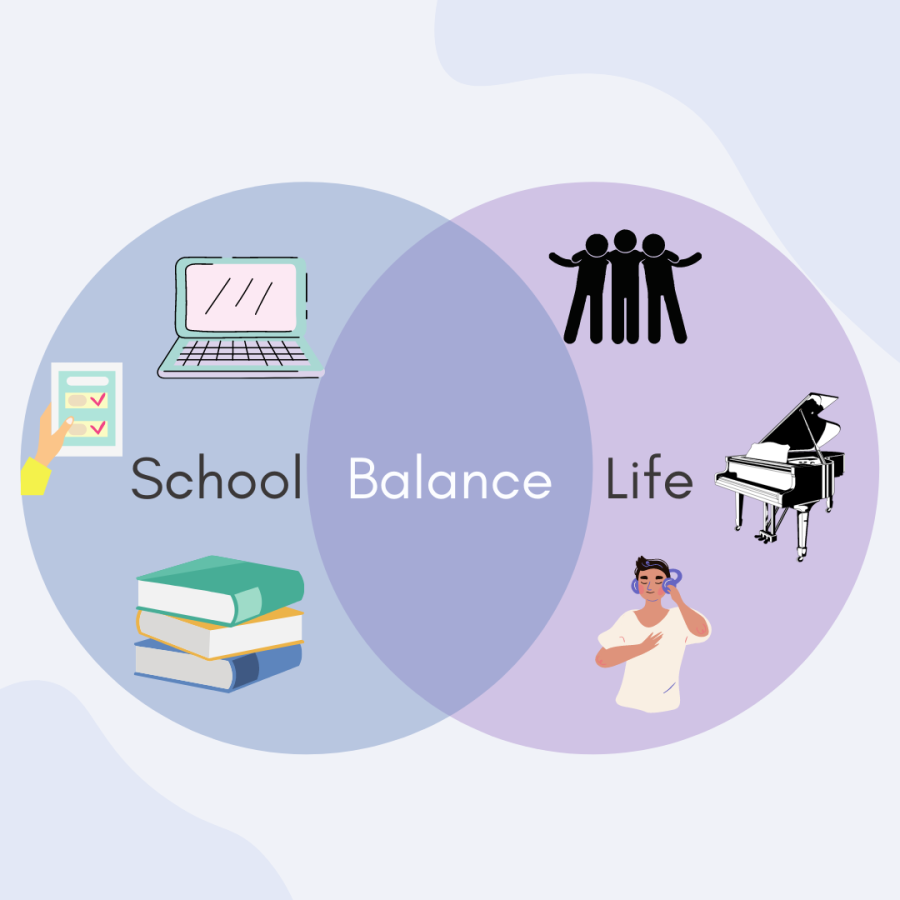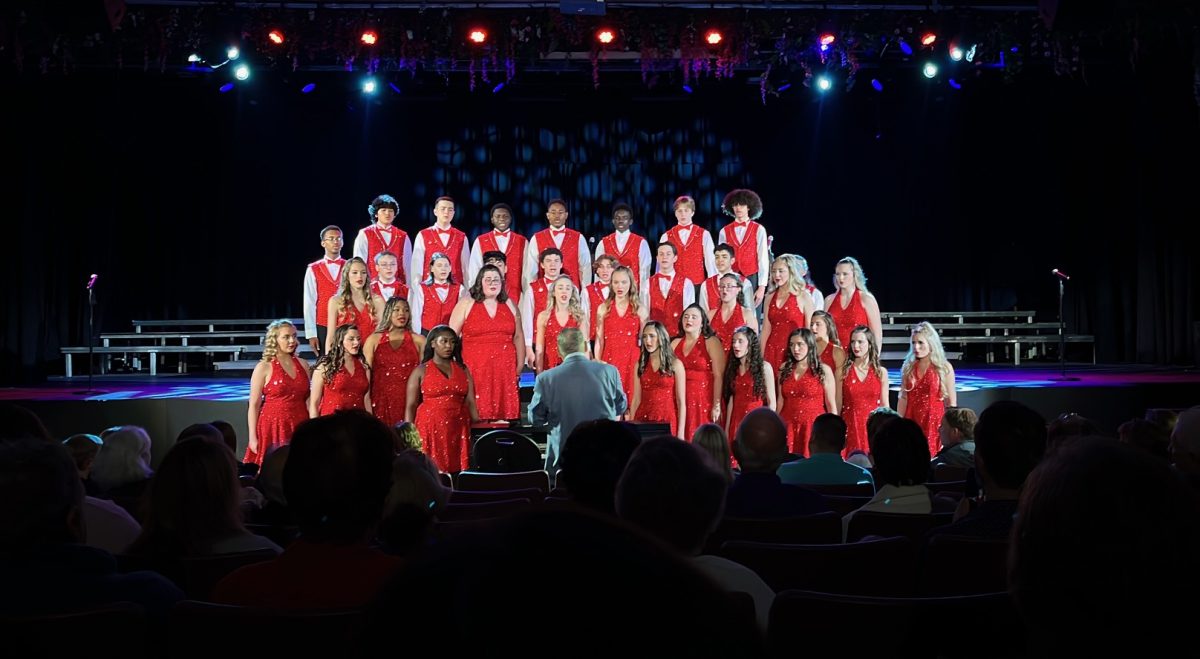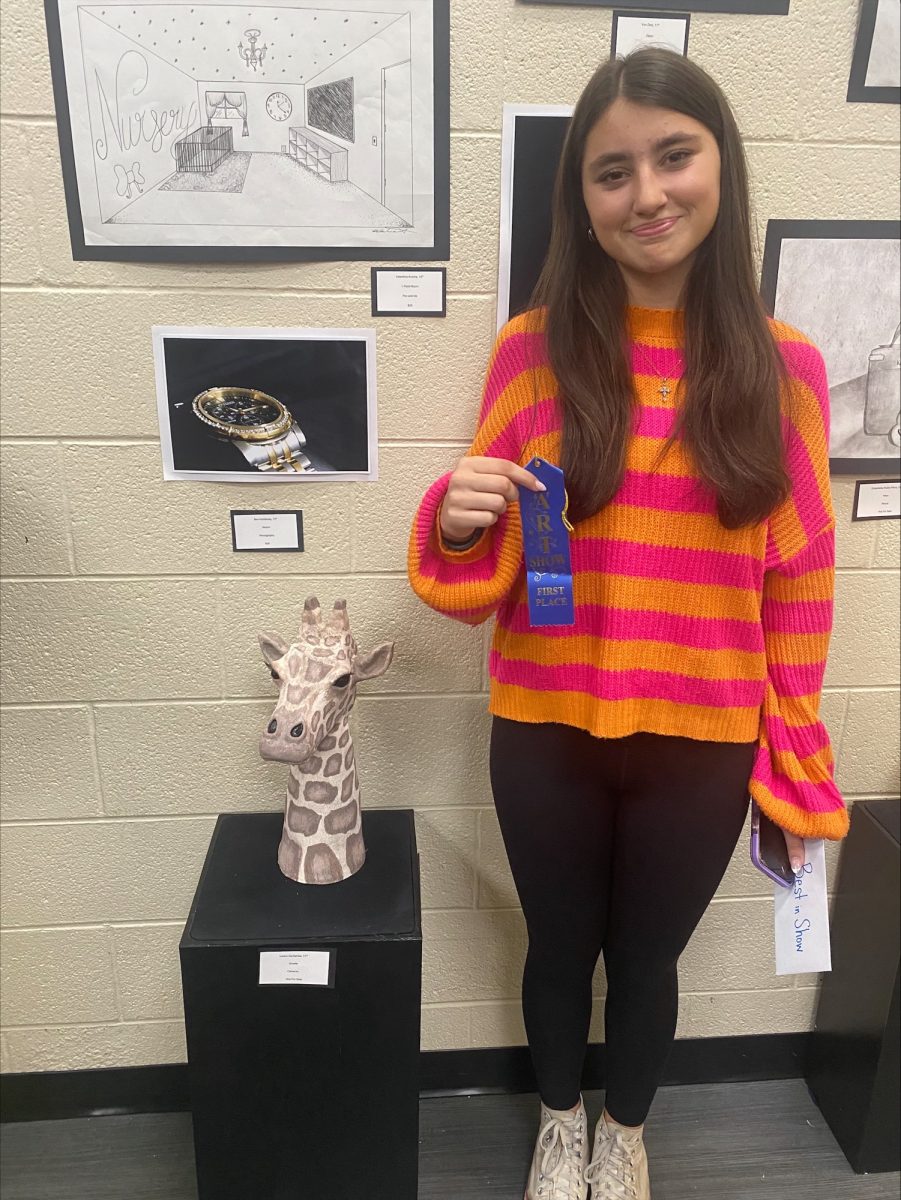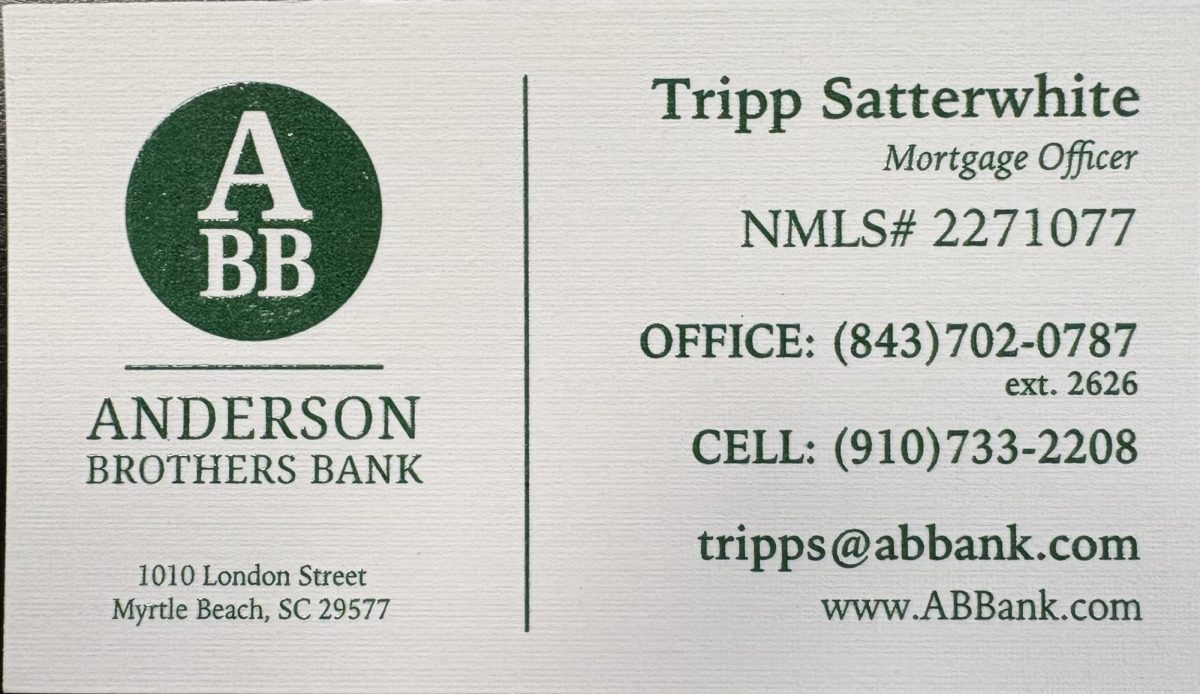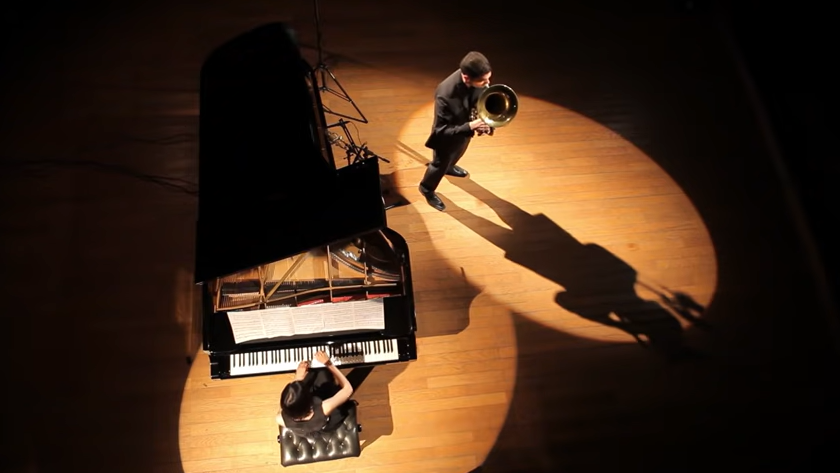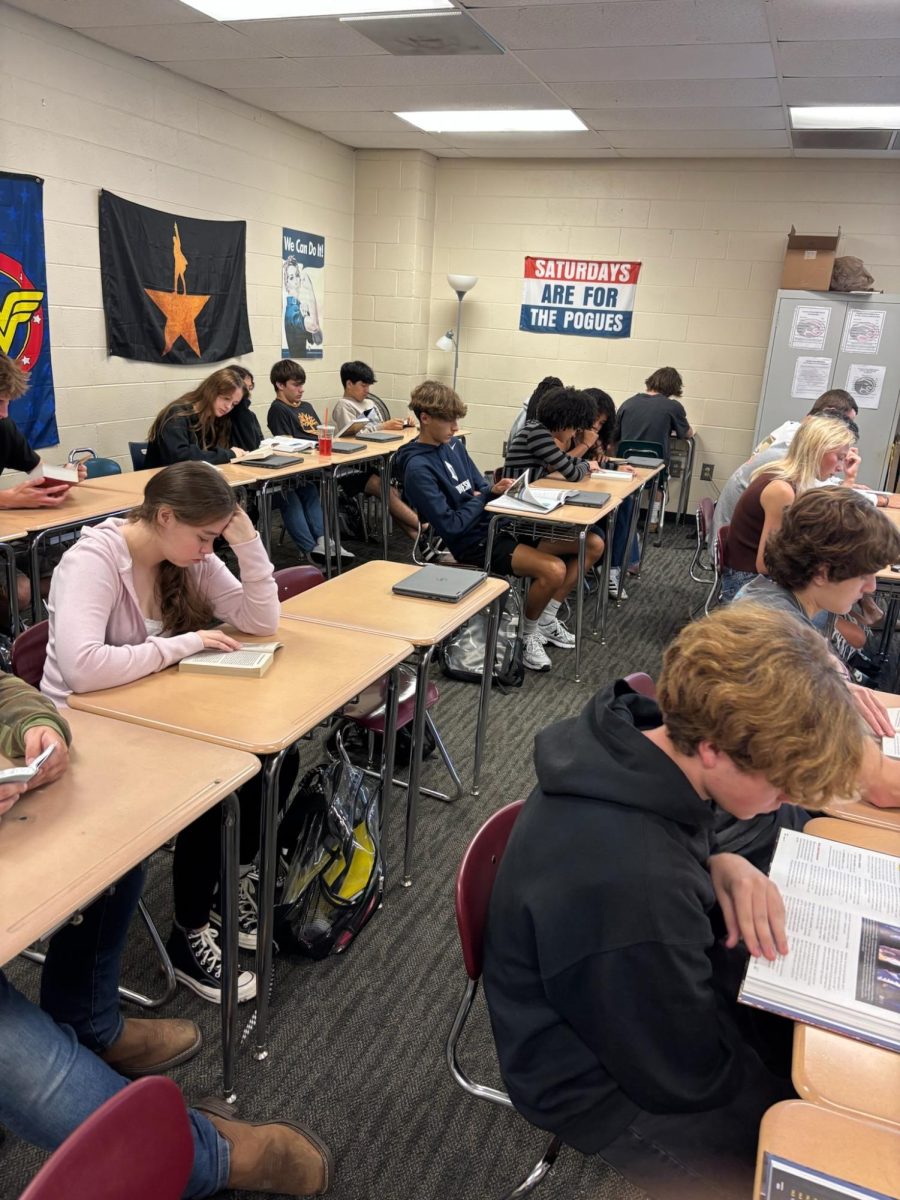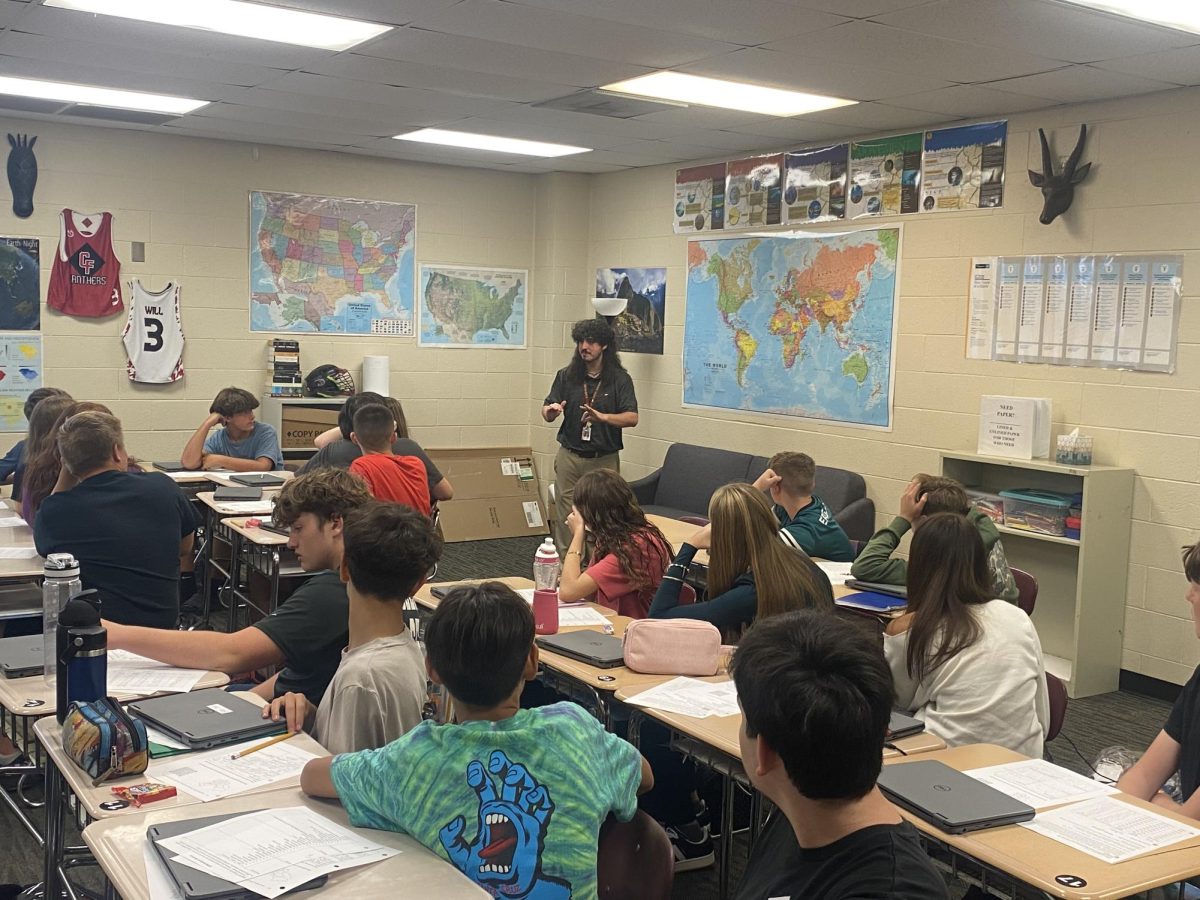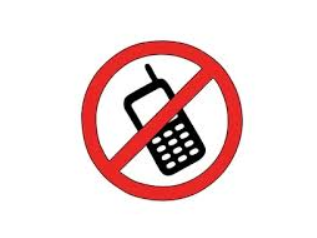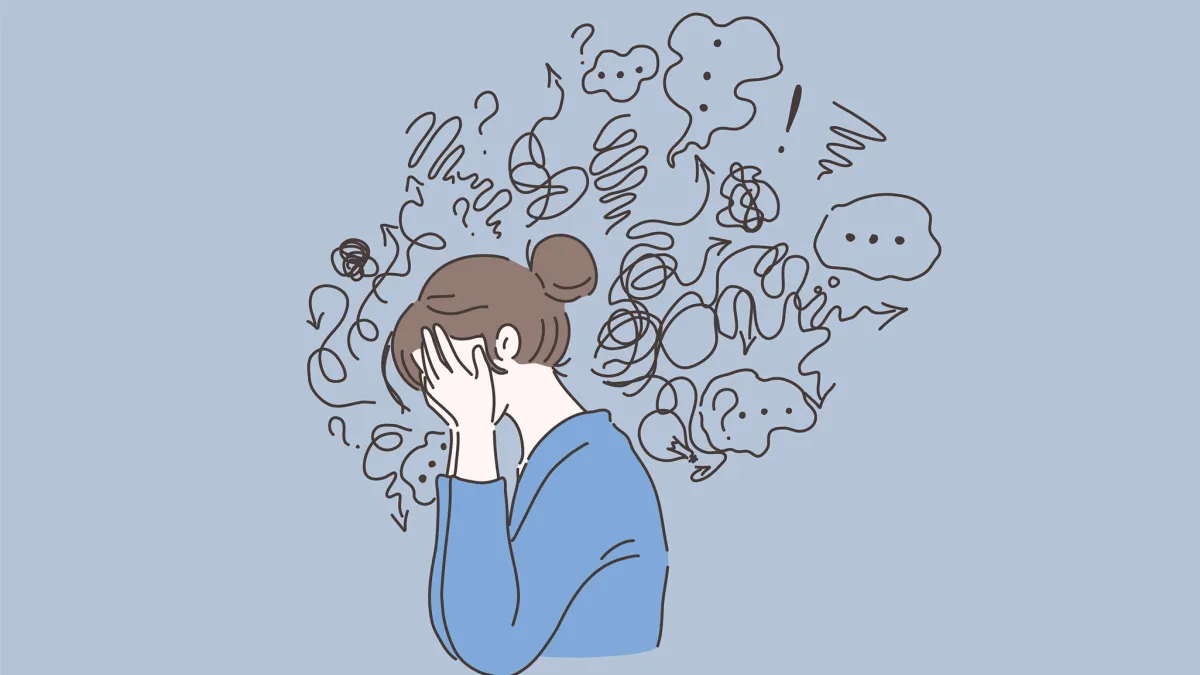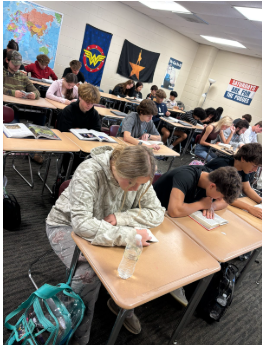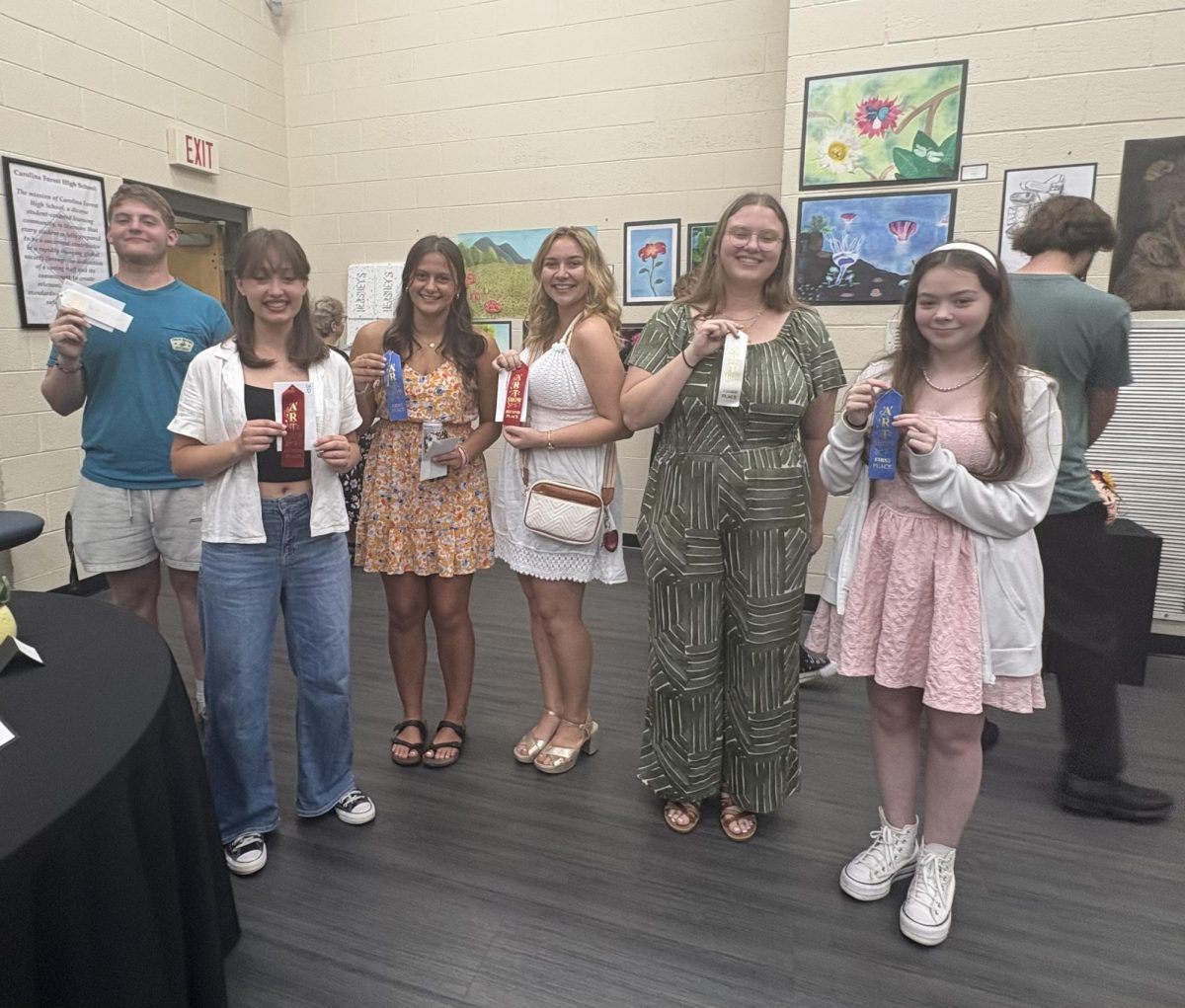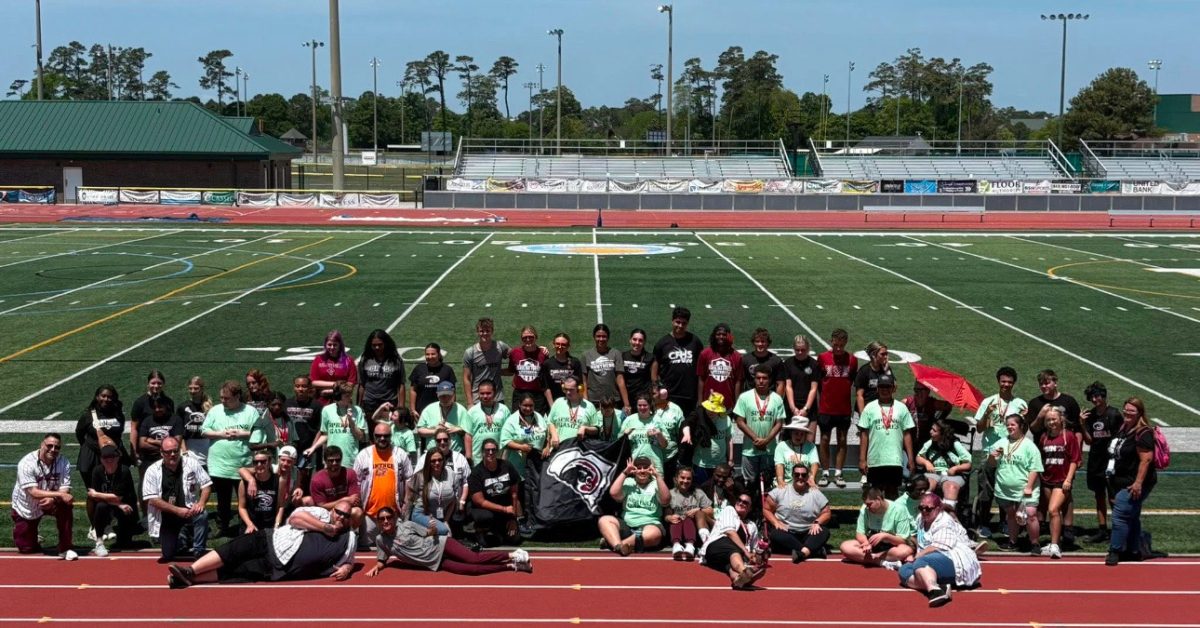I am truly passionate about music and its importance. As I’ve familiarized myself with music organizations, I’ve grown more aware of the lack of people participating in musical events. Many people prefer isolating your taste of musicality via listening to tunes alone or using AirPods. This may sound like a corny Boomer critique; however, I’ve noticed many prominent or school-affiliated music industries grow more and more niche because of this obstacle. As someone who is in the CFHS band and is planning to major in music education and performance, I’d like to approach this concept, and how it’s important to fight against musical isolationism.
Music across all of history has been used to bond with each other, and I feel the industrial progression of technology has limited the individual from bonding with one another. Way before cellphones were invented, people would blast the radio in public domains with fellow friends, co-workers, or sometimes enemies who will soon turn into fellow friends. Though blasting music publicly with groups of friends was more normalized in the past, it is now deemed a disturbance to our individual listening, which I believe is the strongest example of music’s diminishing culture and community.
“I don’t like people’s music at all!” you may say. “It just sounds awful!”
Such a mentality can be used when one’s music taste is interpreted as “strange” compared to a given artist, particularly one of immense popularity. This situation accidentally punishes creative and individual taste in music, destroying the freedom of independent expression. Independence is what makes music yours.
At the same time, however, the gift of independence and its resources to support this gift to the point of excessiveness has created a boundary between enjoying the music and appreciating the music.
That is where the question is elevated: Is music appreciated in this common age? Or, more importantly, is music appreciated enough?
I say no. Music has been dubbed the universal language of the world, but there is no language to be spoken if it can only be spoken amongst ourselves rather than with others. Jazz has developed an ideal definition of correct appreciation, in my opinion… to nod your head and go “uh-huh” when the trombone player plays a sweet lick out of sheer feel and emotion the music brings. Such emotion gets people to sing and dance with zero care. Jazz has many variations of style and subgenres, so fellow listeners can show each other different styles and bond. However, due to such vocal and physical behavior, many would deem jazz culture as bizarre or against the norm of simply listening to it, still and emotionless.
Of course, there’s a time and place for dancing and singing. You don’t want to dance during a play or a sit-down performance.
But why not? Because that is the music’s culture. If sit-down performances are your forte, you follow the culture of being quiet and enjoying the music along with the crowd. That brings up another point: There is no culture to be made with isolated listening. No culture means destroying a whole portion of music appreciation.
Thus, we’ve created a small yet significant void in musicality, and with technology continuously developing, it’ll only grow larger from here. It is inevitable, but may we fight against it anyway.
How do you fight against the void? That is up to the comfortability of the person; if you want to express musicality to revive true appreciation, you must find a scenario where your taste in music suits the best. Are you into orchestral music? Listen with fellow orchestra fans, or maybe pick up an instrument so you, too, can play and share the music. Are you into rap music? Listen with other friends, or be silly and make rap songs with your friends. When millions of people across the world do the small things in music appreciation together, it creates an unfathomably gigantic product of a worldwide endearment for tonality.
Search the depths of your soul and ask yourself: “What can I do to share my love for my interests?” This question is the first step to replacing the black abyss with the life of your community.
Image Source: Astor Piazzolla – Café 1930 // performed by Anthony Calliet, euphonium & Miki Fujii, piano
